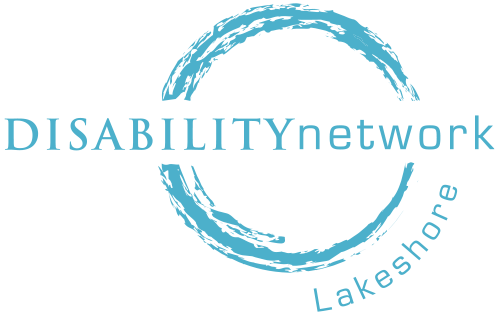Walking The Line: Hypervigilance
Hypervigilance is one of the more frustrating symptoms of PTSD. It’s that restless sense of feeling you should do something, but not understanding what that is, or why you feel this way. It’s feeling like you’re going to jump out of your skin at any moment and being aware of everything and everyone around you 100% of the time.
Some of the physical symptoms you are experiencing may include:
- Pounding or racing heart
- Sweating or cold, clammy hands
- Feeling jumpy or restless
- Trembling, twitching, or shaking
- Having a hard time catching your breath
- Feeling a fullness in the throat or chest
- Feeling dizzy or lightheaded
- Having stomachaches or nausea
- Having trouble falling asleep or getting a good night’s rest
Emotional symptoms may also be of concern:
- Being angry or irritable
- Worrying a lot about everyday decisions
- Fearing that something bad is going to happen
- Becoming easily distracted
- Having difficulty concentrating
- Feeling like your mind goes blank
- Finding it hard to do your work or normal activities
- Focusing on what isn’t going well or what could go wrong
- Frequently avoiding certain places or things
- Drinking or using drugs to numb your feelings
Although hypervigilance can be frightening and overwhelming it is treatable. You can slow your breathing down using deep breathing exercises. Yes, it sounds simple, and it is! But the fact is, it also works. When you are anxious, your body responds by ramping up your breathing, preparing you for fight or flight, our natural response to danger. When you consciously slow your breathing down, your body begins to relax again. Try to focus on things around you. Activity helps too, so walk it off if you can. Physical exercise will channel some of that energy so it’s not so overwhelming. You can also simply walk away, removing yourself from the situation.
Don’t be afraid to get professional help. If you’re not sure what kind of help you need, call 1-877-222-VETS (1-877-222-8387), Monday through Friday from 8:00 am until 8:00 pm. You can schedule an appointment online if you want. Go to www.veterantraining.va.gov and check out resources for help with sleeping issues, problem-solving skills, anger management, and more. You can also go online to the National Center for PTSD for additional resources.
Treatment usually involves counseling and/or medication. With counseling, you’ll have the opportunity to learn new coping skills, new ways of thinking, and positive behaviors. Medications can control the chemical changes in your brain that come with PTSD, and help you manage your anxiety. There are also medications that can help reduce tension or irritability and even improve sleep.
You can successfully overcome hypervigilance and improve your quality of life. Treatment for PTSD can be life-changing! For more information, call Disability Network/Lakeshore at 616.396.5326.

